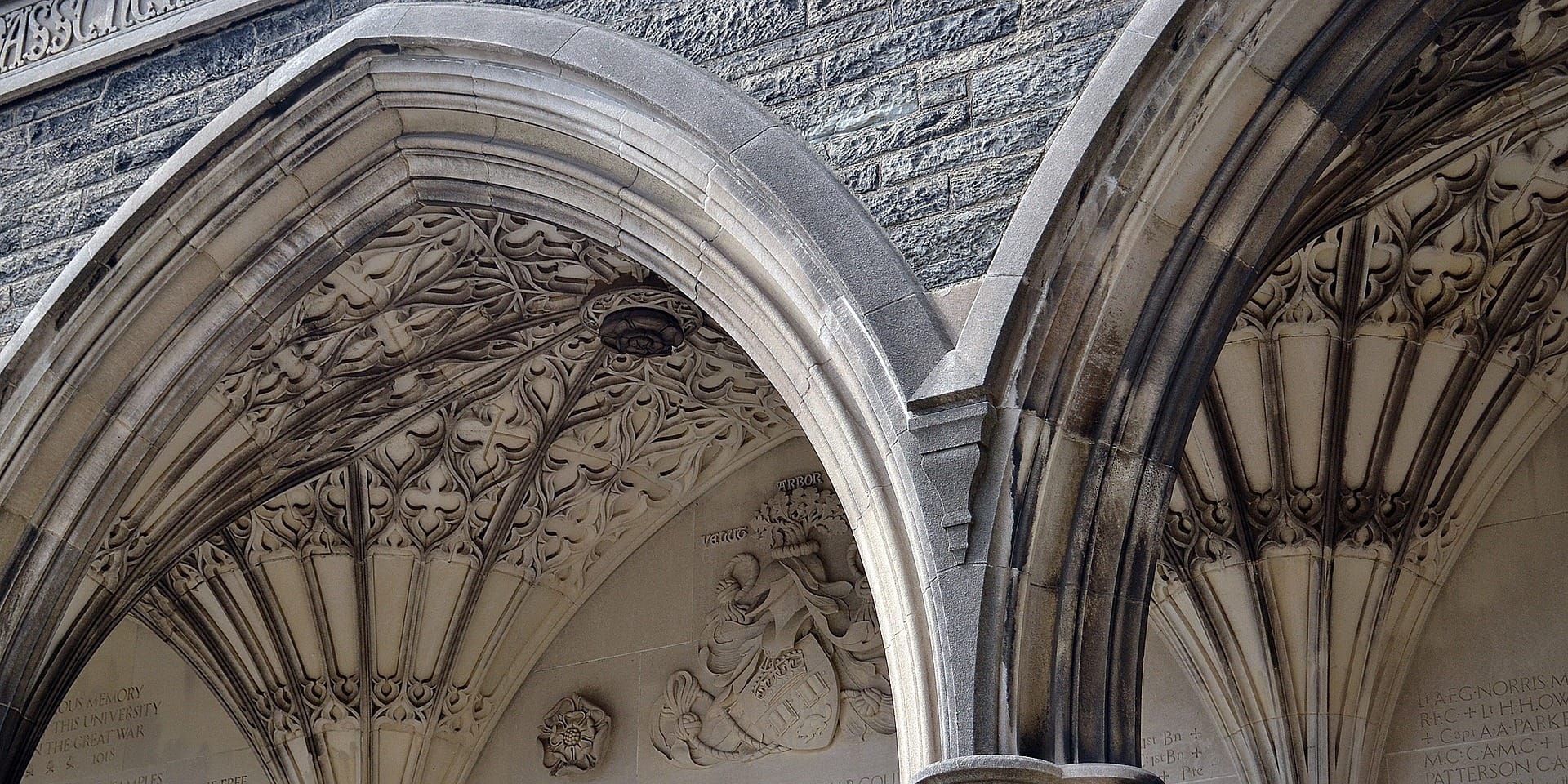Digest of Connecticut Appellate Court advance release opinions about trusts and estates, tax assessment, and…

Advance Release Opinions – Appellate Court – February 7, 2020
Reviews of Connecticut Appellate Court advance release opinions about appellate subject matter jurisdiction and breach of contract. I also review an unusual opinion that resolves four separate appeals involving appellate and trial court subject matter jurisdiction and justiciability.
Appellate Subject Matter Jurisdiction
Krausman v. Liberty Mutual Insurance Company – Plaintiff alleged claims for underinsured motorist benefits, CUIPA, and CUTPA. The trial court severed the underinsured motorist claim and referred it to arbitration. The arbitrator awarded plaintiff damages. Since defendant had not demanded a trial de novo, the trial court granted plaintiff’s motion for judgment. Plaintiff sought postjudgment discovery about defendant’s assets. Defendant objected to the discovery as premature because the CUIPA and CUTPA claims remained pending. The trial court denied plaintiff’s motion to compel, and plaintiff appealed that order. The Appellate Court dismissed the appeal, concluding that (i) even if the underinsured motorist count was fully resolved, the judgment was not final for appeal because there were still unresolved counts between the same parties; and (ii) the interlocutory order did not satisfy the State v. Curcio exceptions allowing appeals of interlocutory orders because it neither terminated a separate and distinct proceeding, nor so concluded the rights of the parties that further proceedings could not affect them.
Breach of Contract
Semac Electric Company, Inc. v. Skanska USA Building, Inc. – The Appellate Court affirmed the trial court’s conclusions that both parties had breached the construction contract and that, after offsetting the respective damages, plaintiff subcontractor owed defendant general contractor some $3.8 million plus interest. More particularly, (i) there was no cardinal change that would have entitled plaintiff to additional fees, so it materially breached the contract by abandoning the job when defendant refused to pay more; (ii) defendant materially breached the contract by denying plaintiff 48 hours to cure before terminating the contract; and (iii) the trial court correctly calculated the net damages owing to defendant.
The Unusual Advance Release Opinion
Berka v. Middletown – This opinion resolves four appeals involving Middletown’s blight ordinance that were not officially consolidated in the trial court or on appeal. The Appellate Court (1) affirmed the trial court’s conclusion that it lack subject matter jurisdiction over Berka’s administrative appeal, Berka having filed it before receiving the necessary “failure to pay fines” notice; (2) concluded that it lacked subject matter jurisdiction to consider Berka’s appeal of the trial court’s dismissal of his zoning appeal because he did not seek or obtain certification to appeal from the Appellate Court as required by statute; (3) affirmed the trial court’s order dismissing as moot Berka’s challenge to a blight citation because Middletown had withdrawn the citation; and (4) reversed the trial court’s conclusion that Berka’s due process challenge to the blight ordinance was not justiciable because it was not specific to Berka and the trial court could not give him practical relief even if it was (in other words, the Appellate Court concluded that Berka had made an individual claim that the ordinance deprived him of due process and the court could grant practical relief by overturning the statute as unconstitutional).

